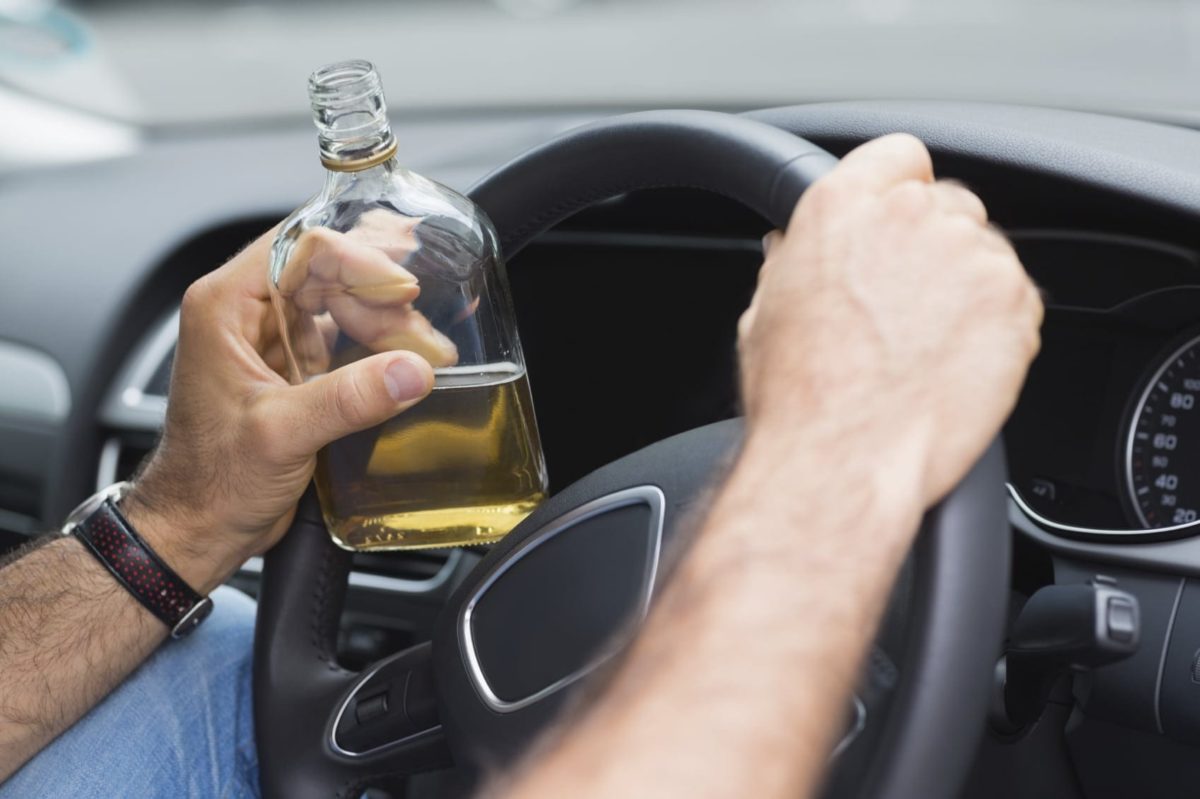Safety principles to keep you out of trouble with the law
New traffic management legislation is set to catch many motorists by surprise as it rolls out over the coming months.
New traffic management legislation is set to catch many motorists by surprise as it rolls out over the coming months. Stricter penalties for even minor infractions could land you in hot water. Sharon Pretorius, Regional Operations Manager at Supa Quick offers the following tips on how to not only stay safe but stay on the right side of the law.
In July, the Minister of Transport reminded South Africans that the Administrative Adjudication of Road Traffic Offences (AARTO) Act had started to be rolled out, after a year of delays due to the pandemic.
Under the new law, you could easily and quickly accumulate the 12 demerit points that can result in a license suspended. For instance, just driving at 90 km/h in a 60kph zone could earn six demerit points in one shot.

While good driving can keep you from being legally penalised, it is only one piece of the puzzle. Here are four key focus areas where you can keep your vehicle in the best condition, ensuring that you don’t have any accidents.
1. Power
It is vital to ensure optimal functioning of your vehicle’s power system, especially as you adapt to changes in weather and emergencies. Ensuring that your battery, spark plugs, and exhaust system are in good order is one of the best and easiest preventative measures to ensure that you are safe in even the most extreme environmental, road and traffic conditions.
2. Visibility
Potholes, obscure traffic signs and unpredictable behaviour by pedestrians and other motorists was one of the most recurring issue reported in the recent 2021 Road Safety Run. While you can’t do much about external factors, you can ensure that your windscreen is clear of cracks, your lights are working, and rearview mirrors are properly installed. So, with the rainy season now upon us, you will be better able to see these external hazards and warnings ahead of time, not only saving lives, but a costly ticket as well.
3. Stability
Your vehicle’s ability to maintain steadiness in turns and sudden changes in speed is critical to helping you to better adhere to the rules of the road. A quick check of your shock absorbers and brakes, along with wheel alignment, will give you better stability, vastly bringing down your risk of being in an accident.
4. Control
The only thing between your fast-moving vehicle and the road is merely the width of the palm of your hand, the tyre. Such an important part of your vehicle should receive the attention it deserves, but it often doesn’t and a huge portion of crashes on long distance roads are often found to be the result of worn or damaged tyres. Properly balance tyres, with sufficient tread, will ensure that you maintain full control of your vehicle even in adverse weather, such as thunderstorms.
As was reflected in the recent 2021 Road Safety Run, roadworthiness is an effective prevention against road accidents. Following the easy principles above with regular safety checks at your nearest Supa Quick, rather than just looking at individual car parts, can offer you the peace of mind you need to keep you out of harm’s way, as well as out of reach of the long arm of the law.






